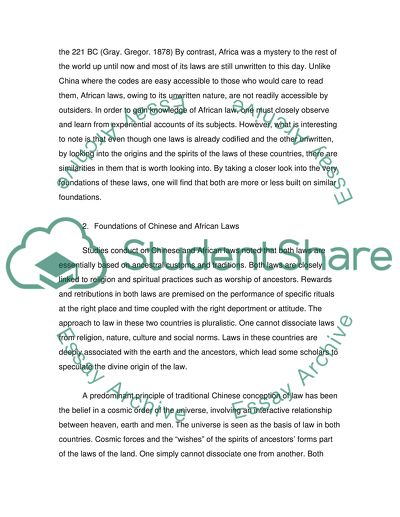Cite this document
(Foundations of Chinese and African Laws Case Study, n.d.)
Foundations of Chinese and African Laws Case Study. Retrieved from https://studentshare.org/law/1536025-compare-chinese-law-and-african-laws
Foundations of Chinese and African Laws Case Study. Retrieved from https://studentshare.org/law/1536025-compare-chinese-law-and-african-laws
(Foundations of Chinese and African Laws Case Study)
Foundations of Chinese and African Laws Case Study. https://studentshare.org/law/1536025-compare-chinese-law-and-african-laws.
Foundations of Chinese and African Laws Case Study. https://studentshare.org/law/1536025-compare-chinese-law-and-african-laws.
“Foundations of Chinese and African Laws Case Study”. https://studentshare.org/law/1536025-compare-chinese-law-and-african-laws.


